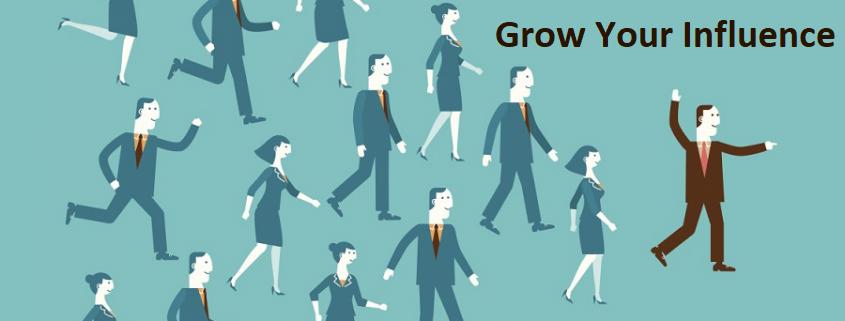Hello ladies and gents this is the Viking telling you that today we are talking about
7 Scientifically Proven Steps to Increase Your Influence
Van Edwards refers to herself as a recovering boring person who was hopelessly bland. So she turned to science to overcome her dilemma. By using current research from academic institutions and research organizations around the world, she says, she can share the latest in people science in an actionable, applicable and unboring way.
She has a number of classes on Udemy.com specifically geared to helping entrepreneurs maximize their potential. If you take her free Udemy course of the same name, which I highly recommend, this is what you’ll learn:
1. Connect with people emotionally.
Van Edwards says she has discovered that if you want to intrigue and influence people, you have to get their dopamine pumping. She has based her research on the findings of molecular biologist John Medina.
Dopamine stimulates that pleasure-reward area in the brain that makes people feel all warm and fuzzy. She says you need to be relentless about stimulating that part of the brain if you want to influence someone.
A great way to do that is by having excellent conversation starters handy. Here is two that Van Edwards always uses: “What was the best part of your day and what was the worst part of your day?” and “What personal passion project are you currently working on right now?”
2. Be emotionally curious.
When you make others feel important, your influence goes a long way. Everyone wants to be liked, loved and accepted. When you fulfill that need for others, you are perceived as being influential.
Become genuinely interested in other people. A great way to do this is to ask them open-ended questions. Get people talking about themselves and that will help you build rapport. According to postdoctoral scholar Diana Tamir, a person disclosing information about himself or herself will be intrinsically rewarding.
3. Use high-powered body language.
Researchers at Harvard Business School conducted a study exploring if an individual's body language could affect other people’s opinions of that person, as Van Edwards explains in her Udemy.com class. It turns out that that is what the research found.
Low-powered body language is normally contracted, with the shoulders rolled and the head down or bowed.
High-powered or confident body language is expansive. The head is held high, the arms are loose, the shoulders are set back and the chest is out. When you manifest powerful body language, you are seen as more influential. Confident body language not only affects the way others see you but also the way you see yourself.
4. Tell a story.
People's brains are almost hard-wired for stories. When people hear stories, they can feel as if they are right there with the other person. It’s like the listener is experiencing the story along with the narrator.
Do you see the potential of how influential storytelling could make you? When someone tells a story, the brain of the other person may be in sync with the storyteller. If you can stimulate the other person’s brain with a story, you can, in effect, get that person on your side.
Van Edwards suggests creating a story toolbox. This toolbox should consist of relevant and thought-provoking stories that you can tell at any time when you’re with people. Then after you tell the story, follow it up with some interesting questions.
She likes to ask, “What was your most challenging moment and how did you overcome it?” and “When did a person, situation or moment turn out differently than you expected?
5. Be vulnerable.
Being open about your emotions increases your likeability and influence. People will perceive you as being real when you admit to weaknesses or flaws.
Some people are fearful because of something called the spotlight effect, thinking that others are paying more attention to them than they truly are, according to Psychology Today.
But the opposite is true. People are able to better relate to you when you open up. Even though you are the center of your world, you're not the center of everyone else's. Van Edwards suggests sharing a vulnerable story from your story toolbox. By doing this, you not only tell a great story but you also are being vulnerable, so it increases your influence in two ways.
6. Ask a favour.
According to Van Edwards’ Udemy.com class, whenever a person asks someone else for a favor, he or she is perceived more positively.
It turns out that asking for help is one of the best things you could do to be perceived as an influential person. This is known as the Benjamin Franklin effect. So freely ask for help in the form of advice, other people’s opinions and their guidance.
7. Become charismatic.
Who is the most charismatic person you know? Why did you pick that person? Most likely you chose that individual because of the way that person makes you feel.
According to research performed at the MIT Media Lab, most people don’t remember what an individual looks like or what he or she might have said. They remember how the individual made them feel.
Charismatic people make others feel good. Van Edwards provides three nonverbal ways for a person to increase his or her charisma quotient. When talking to someone, tilt your head, align your torso with that person's and point your toes toward the person, she says.
and as always have a chilled day from the Viking

Comments
Post a Comment